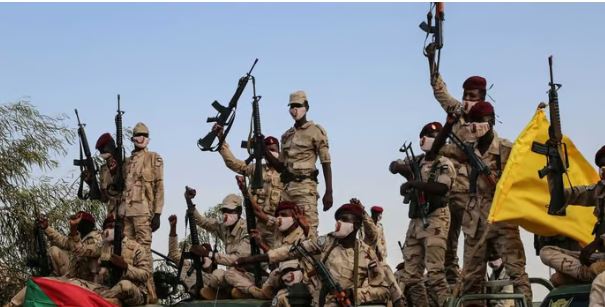A Sudanese political analyst, Issam El-Din Khidr, has tied the implementation of the United Nations Security Council resolution to lift the Rapid Support Forces (RSF) siege on Al-Fasher in Sudan’s North Darfur State to the international community’s ability to exert pressure on the warring parties in Sudan.
The UN Security Council passed a resolution on Thursday, introduced by Britain, calling for the end of the siege imposed on Al-Fasher by RSF and the cessation of the intense fighting that has been ongoing since May between the Sudan Armed Forces (SAF), allied militias and the RSF that has resulted in hundreds of deaths and the displacement of thousands of civilians.
Khidr emphasized that the resolution gained significant importance among UN Security Council member states due to its humanitarian nature. He highlighted the importance of the resolution and the unanimous support it received because of the deteriorating humanitarian situation in Al-Fasher and the risk of massacres due to the city’s ethnic composition.
“The effectiveness of the resolution depends on the ability of the advocating parties to exert more pressure, particularly influential countries like the United States, to ensure its implementation,” he stated.
The analyst also pointed out past failures in ceasefire attempts due to issues with mechanisms and monitoring, causing previous efforts to collapse.
Khidr believes the RSF might comply with the resolution to avoid international condemnation, despite the government’s disregard for international calls to cease the conflict. He noted that while the resolution lacks mechanisms, its success hinges on international influence over the RSF.
“There are no guarantees, and it is challenging to predict the outcome of the resolution,” he added.
Khidr suggested that partial compliance might lead to broader ceasefire efforts and encourage the Security Council to take more substantial steps toward a comprehensive ceasefire.
He concluded that the resolution, despite its limitations, carries significant humanitarian implications and could mitigate ethnic and racial conflicts in Darfur and prevent a looming catastrophe. However, its long-term impact depends on subsequent steps, particularly the RSF’s commitment or increased international pressure.




